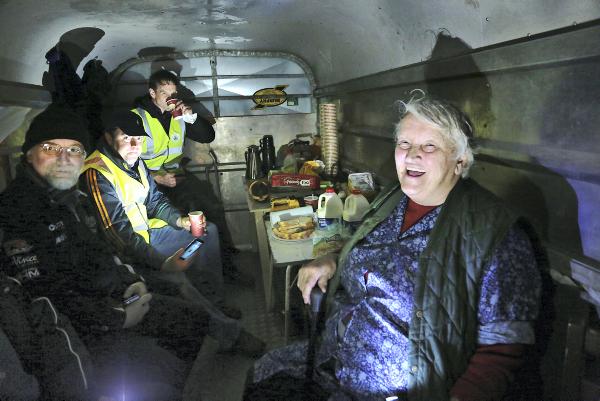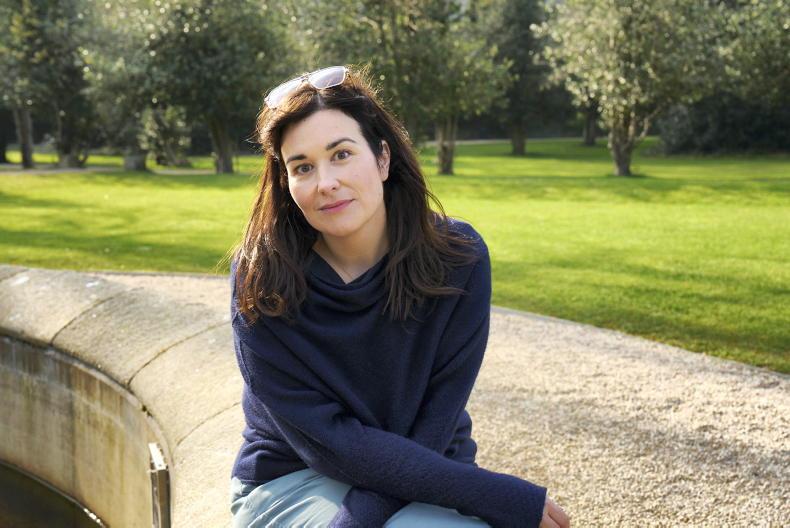We think we are bad. I was in London last week and they are as bad as us, walking around staring into their mobile phones. It’s like the way we give out here about drinking too much and yet in London they still go to the pub for a couple of swift half’s during lunch hour.
Anyway, back to the smartphones. Just how damaging is our addiction to them becoming? Whatever about us adults, teenagers – in particular teenage girls who go around with them virtually glued to their hands – must be losing out in social skill development.
It is hard not to think that devoting so much time to the phone could not be harmful to the sort of social interaction we all require to get on in life.
My colleague Ryan Tubridy shone a light on the subject a few weeks ago and was inundated with worried parents ill equipped, without causing a row, to curb their teenager’s smartphone time. But it’s us adults too. Ryan has swapped his smart phone for an old Nokia and I have taken to leaving my phone at home now when going out socialising. And it is a great relief.
Leave the Phone at Home
Unless I absolutely have to have it with me, expecting a call or an urgent email, I now have a policy that if I am going to be out in the company of others, I don’t need the phone.
I am beginning to adapt the same policy when visiting somebody else in their home. I leave the phone in the car. I was beginning to feel that the phone owned me but now at night or when travelling away, I am using the phone less and less to scroll through vacuous rubbish. Instead, I have found the time to read three books since Christmas. It really is like kicking a smoking habit or going on the dry.
It is quite scary in fact to think how addictive these devices can become. I am not on Twitter or Snapchat or Instagram.
Think of the amount of time I am saving by being free of those social media sites, even though, as a journalist, I wonder should I be on there?
Well, no is the answer. Answering emails on any given day is enough. Our radio programme Countrywide has a Twitter account that I have access to – but only if I need to research an article or find something for the programme do I bother with it.
Twitter is not a nice place most of the time anyway as it seems to me to be just littered with angry people and smart asses.
Anyhow, when I have to click on it, I’m always astonished by the incessant time some people seem to spend on there. My word, all you have to do is count their tweets. I genuinely wonder if some of the more prominent users, particularly the same ones who tweet radio programmes, have nothing else to do. Some have literally hundreds of thousands of tweets.
Farmers are an increasing presence on twitter too but some never seem to be off their smartphones. How can that be healthy? What I would love to know is how do they have time to farm, eat, sleep, read, interact with their family and tweet so much on any given day? CL
Debating the demise of rural Ireland
The divisive debate about the demise of rural Ireland has been back in vogue in recent weeks. You would be forgiven for believing that rural depopulation and the migration to and growth of big cities is a uniquely Irish phenomenon and that there is no such thing as rural England, rural France or rural Germany.









SHARING OPTIONS